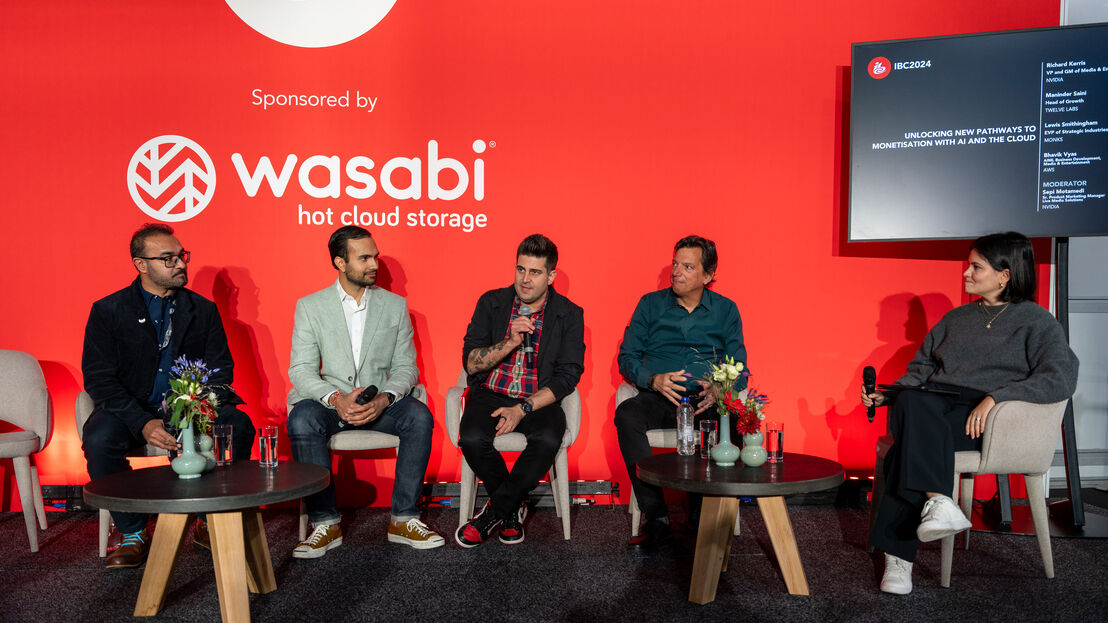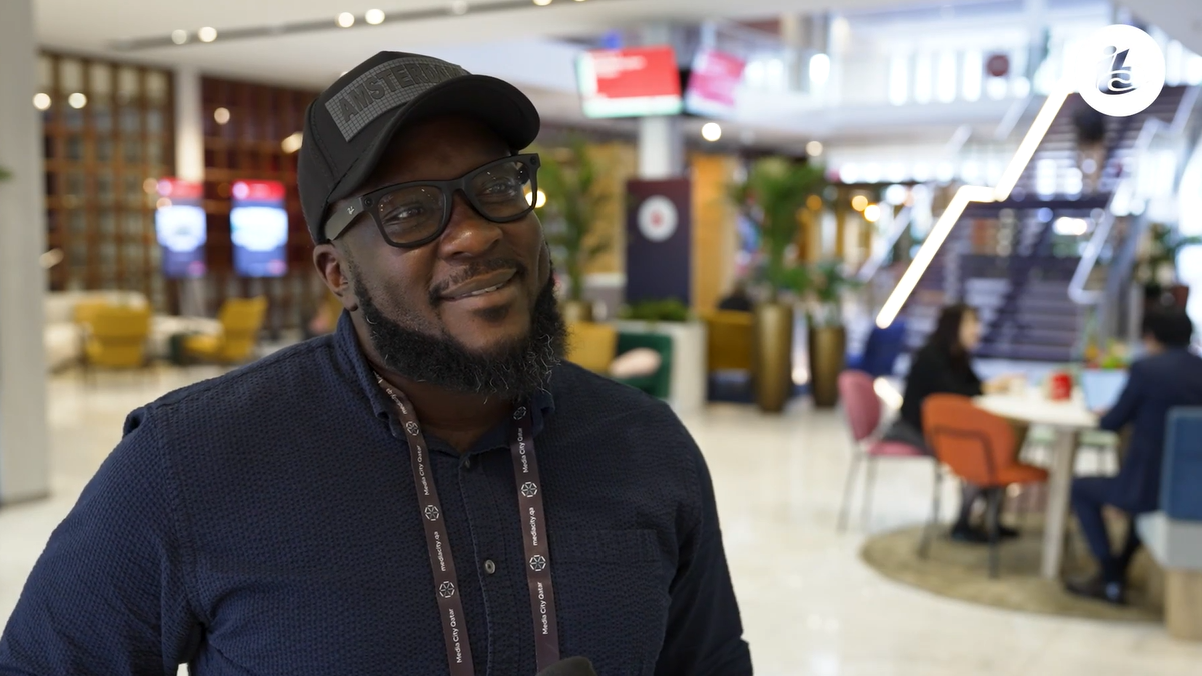AI is barely out of the box, but it is already being applied in action to super-scale fan engagement of sports. A leader in this regard is Olympic Broadcasting Services, which was able to leverage the tens of billions of data points collected across the Paris Games in real-time to serve highlights clips, reports and commentary dissected across viewers in more than 200 countries.
Speaking at the ‘AI in Action’ IBC Conference session, Chris Jackson, Global Head of Digital Data and Analytics, Olympic Channel said; “AI is great at crunching numbers but getting it to deliver the more emotional aspect is a challenge. We want to bring [out] the human dimension in the sport.”

He characterised Generative AI as both “parrot” - simply repeating things back - and “clairvoyant” in being able to predict things on which you haven’t trained it with specific data. “When you’re working with these models the challenge is to build something which is useful and doesn’t repeat stuff we already knew.”
The more capable your AI product the greater the risk of introducing bias and errors, he warned. The Olympics solution to that was to throttle back on publishing AI-produced content direct to users. “We built an editorial co-pilot to help human editors check the output data before going direct to end users.”
Jackson also stressed the importance of using data pulled from videos that the Olympics owns. “If you’ve got information that is specific to what you’re doing, you can massively reduce the risk. You wouldn’t try and do a native TV production with a couple of people,” he said. “It’s the same with AI when delivering a capability. You need many departments doing many different roles and together as a team they come to create something robust and good.”
Huma Lodhi, Principal Machine Learning Engineer, Sky, said: “AI is a buzzword, but it is also a technology that can be used to create exciting new products.”
Lodhi was demonstrating Replay, an Emmy Award winning AI-powered text and video highlights generator. It analyses video streams in real time and detects key moments using various audio, visual and textual cues. For sports, these include points/goals, penalties, and other major moments. Indexed highlights are compiled as they happen into an interactive experience, giving viewers the ability to play them back as many times as they wish.
“Live sports is not easy for AI,” she said. “Outdoor environments with diverse backgrounds are tricky for object recognition. Weather conditions are unpredictable. Sport itself is a dynamic environment which makes timing tricky for events like cricket. Even football matches can last different lengths.”
Sky is developing a solution designed to be scalable and applied to any sport, any number of matches and capable of delivering one-line highlights or detailed descriptions.
“It is very specific to Sky customers,” said Lodhi. “We do not use a general language model. The AI is customised to our audience so we can deliver personalised notifications and services to them.”
Attendees also learned how to ‘Unlock New Pathways to Monetisation with AI and the Cloud’ at a panel session on the AI Tech Stage.
“We will soon see AI influence content,” said Richard Kerris, VP and GM of Media & Entertainment at Nvidia. “We’re already seeing the ability to change on-screen logos in sports distributed to different territories. A next step is that AI will hyper-localise the product placement in a live broadcast down to highly specific geographic areas and specific products.”
Maninder Saini, Head of Growth, Twelve Labs, highlighted the idea of turning a content archive from a cost centre to one of profit. “It’s a new frontier for rights owners to make the most of the rich IP they have,” he said. “Broadcast, sports leagues, teams and studios are sitting on IP and not sure what to do with it. Using AI based metadata extraction they can makes sense of what they have and make more of it through targeted adverting and hyper-localised video.”
Lewis Smithingham, EVP of Strategic Industries at Monks pointed out that a lot of broadcasters still owned “very traditional, static inventory and single-use appliances” and that this would hold them back from being able to personalise programming.
“Content owners with their archive on LTO tape are going to be challenged in monetising that asset,” he said.
You are not signed in
Only registered users can comment on this article.

IBC calls for 2026 Accelerator Media Innovation Challenges
IBC has issued the official call for challenge submissions to the Accelerator Media Innovation Programme 2026, inviting media and entertainment organisations to propose collaborative innovation challenges that will help shape the future of the industry.

IBC2025 AI highlights: Cloud, 5G and the future of media workflows – to recap...
Catch key moments from IBC2025 with an AI-curated video of top connective tech sessions at the show.

IBC2025 AI highlights: Cloud, 5G and the future of media workflows – in short…
Enjoy a short AI-curated clip of our top soundbites from key connective tech sessions across IBC2025.

YouTube collab with Broadcasters: Better Together
“It’s what we post and when we post.” IBC365 caught up with Birch Lettsome, Marketing & Media Manager at 284 Media, to find out what else he would’ve enjoyed hearing about.

IBC2025: AI highlights of our AI highlights! In short…
Enjoy a short AI-curated clip of our top soundbites from key AI sessions across IBC2025.




